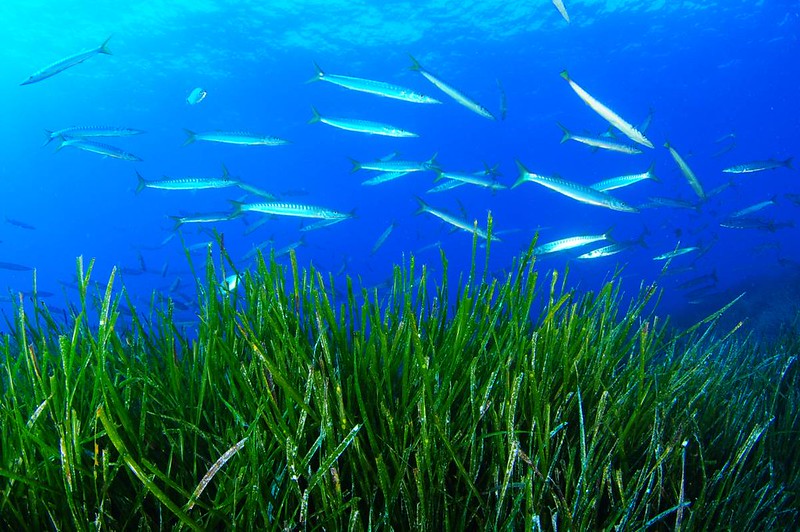The drought in southern Spain offers positive news for once: The seabed on the coast of La Axarquía (Málaga) is slowly recovering to its condition of half a century ago. Due to the drought, all wastewater has been reused for months and not discharged into the sea.
Fishermen at the port of Caleta de Vélez, the most productive in Andalucia, are already starting to see the direct consequences of the zero-discharge policy that has been in place since last summer in the eastern part of the Costa del Sol.
Milestone for seabed restoration
Researchers from the University of Málaga go even further. With the exception of Israel, which has been utilising every scrap of wastewater for decades, there is currently no other part of the Mediterranean that does not discharge any residue from treatment plants. In the Axarquía, this zero-discharge policy started last summer. Then intensive agriculture no longer had irrigation water. The La Viñuela reservoir was empty. As a result, recycled water from all major treatment plants in the region had to be used in agriculture. Consequently, virtually all discharges of waste water into the sea have now stopped.
Restore seagrass fields
Because no wastewater is discharged into the sea, the seagrass fields in the vicinity of the Maro – Cerro Gordo nature reserve are also recovering. In this way, La Axarquía could consolidate itself as the ‘best sea garden in the entire Mediterranean’. This is what researchers from the University of Málaga say, quoted in the newspaper La Opinión de Málaga.
However, experts emphasise that it will take at least five years before the desired results of this new zero-discharge policy become clearly visible. Seagrass fields grow very slowly. Unlike algae, seagrass has leaves, stems and roots, and also produces flowers and fruits. The seagrass fields are characterised by bundles of leaves just above the seabed. They are essential to the health of coastal ecosystems.
Importance of seagrass beds
Posidonia oceanica, a native species of the Mediterranean Sea, is considered an excellent bioindicator of water quality. The seagrass meadows are considered essential for the conservation of marine biodiversity. Additionally, it provides protection to coastlines by reducing coastal erosion. With the zero-discharge policy, La Axarquía seems to be developing into the best underwater paradise in the entire Mediterranean. That is a promising prospect for both nature and tourism in the area.


